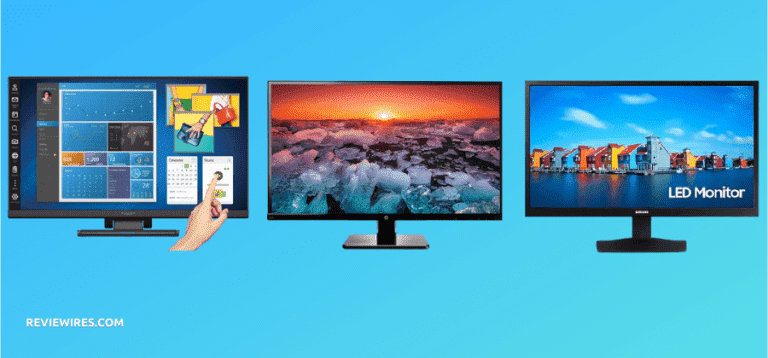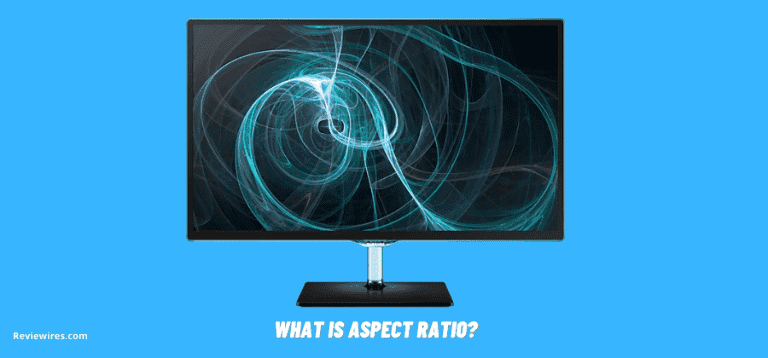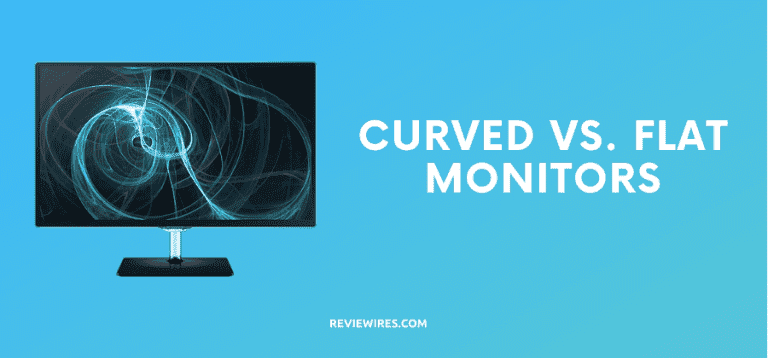LCD Vs LED: Which is Better for Your Eyes?
Many LCD (Liquid Crystal Display) and LED (Light Emitting Diodes) types of displays are available on the market today. But which is better for your eyes? There are various factors to consider when deciding between LCD and LED displays.
One important factor is cost. LCD monitors are generally much more expensive than LED monitors, which can lead to a difference in price per pixel for images that appear on a screen.
LCD vs LED?
There is no clear answer to this question, as LCD and LED technology can be used in displays of various sizes and shapes.
Regarding eyes, LCD screens are often seen as being better than LED screens due to the brighter colors they offer.
However, some people may prefer LED screens because they offer a greater range of colors, making them easier to see in dark surroundings.
Which one is better for your eyes?
LCD screens have a much higher resolution than LED screens, making them better for displaying images and videos. They are also more expensive but can be brighter and have a longer life expectancy.
OLED panels are also better than LCD screens, as they offer a much higher resolution and brightness.
However, they have a shorter lifespan than LCD screens and a lower color gamut. Advertisers still prefer LED display types due to the high contrast levels that they offer. Overall, LEDs create less strain, making them slightly better for your eyes and their health.
pros and cons of both types of screens
LCD screens are more affordable than LED screens, but they may not have the same viewing quality.
Some people find that LCD screens are too bright and can be difficult to see in direct sunlight. On the other hand, LEDs offer better viewing quality when used in direct sunlight or with a dark screen.
Consumers may find that they prefer one type of display over the other. The key difference is the price and quality. LCD screens are cheaper, but they do not offer as much color gamut as LEDs.
You can also find LCDs with wider viewing angles, but they are less bright. Some people may find that LCD screens are easier to read in direct sunlight, but they require a dark screen.
LEDs are better for glasses because they are less likely to fog up, and do not require a dark screen.
Several types of LED screens include backlit LCDs, projector-based displays, and flat-screen monitors. If you plan on using an LCD screen, you will need to purchase a replacement panel.
Frequently Asked Questions
What are the differences between LCD and LED displays for the eyes?
LCD and LED displays are display screens used to view information. LCDs are cheaper and look better than LED displays.
LCDs use a light-emitting diode (LED) as the primary signal type, while LED displays use a light-sucking diode (LCD) as the primary signal type.
LCDs are more expensive than LED displays and can last longer. The display type you choose depends on your business needs and your budget.
For example, if you want to display information from a website or an e-book, then LCDs will be your better choice.
How do you choose the right LCD or LED screen for your needs?
LCD screens are easier to service than LED screens, but they may not offer as many features. You should also consider the cost of replacement parts if you experience problems with your screen.
LCDs tend to be less bright than LED displays and may not offer as many colors, but they are easier to use.
When designing your display, the best choice depends on your business needs. You want to make sure that your display features a high-resolution screen.
In conclusion, LCD or LED is better for eyes, depending on what type of device you are using them for. LCDs are better when used as a display device, while LEDs are better when used in the backlight of a monitor.
Is too much exposure to blue light unhealthy?
Lemurs have the highest resolution of any species of ape. They can distinguish between light and dark areas more clearly than any human.
In humans, the light-sensitive ganglion cells in the eye are about two-thirds the size of a lemur, so it’s not inconceivable that LCD or LED may become the next new technology for displays and vision enhancement in primates.
Does LCD screen harm eyes?
It all comes down to how you view the display. LCD screens are more comfortable because they have a round display with a high resolution.
On the other hand, LED screens are brighter and use less power, which could benefit those who wear glasses. There’s no right answer to this question, depending on your preferences.
LCD or LED? Which is better for the eyes?
There is no right answer to this question, as it depends on your individual needs. An LCD, a type of LED display, offers a wider viewing angle than an LED display and can be used in more places, such as the front or back of the eye.
However, some people find that LED displays are brighter, more detailed, and have a longer lifespan.
Conclusion
In conclusion, depending on the individual, LCD or LED may be better for your eyes. LCDs are better for those who want a more natural-looking screen since they use a more monochrome style of color.
LEDs are better for those who want to save money on their screens as they are much cheaper to purchase and can last longer than LCDs.
However, our main takeaway is that LEDs cause less strain on the eyes as they perform better in adverse lighting, and have a higher resolution. This makes them better for your eyes over time.




